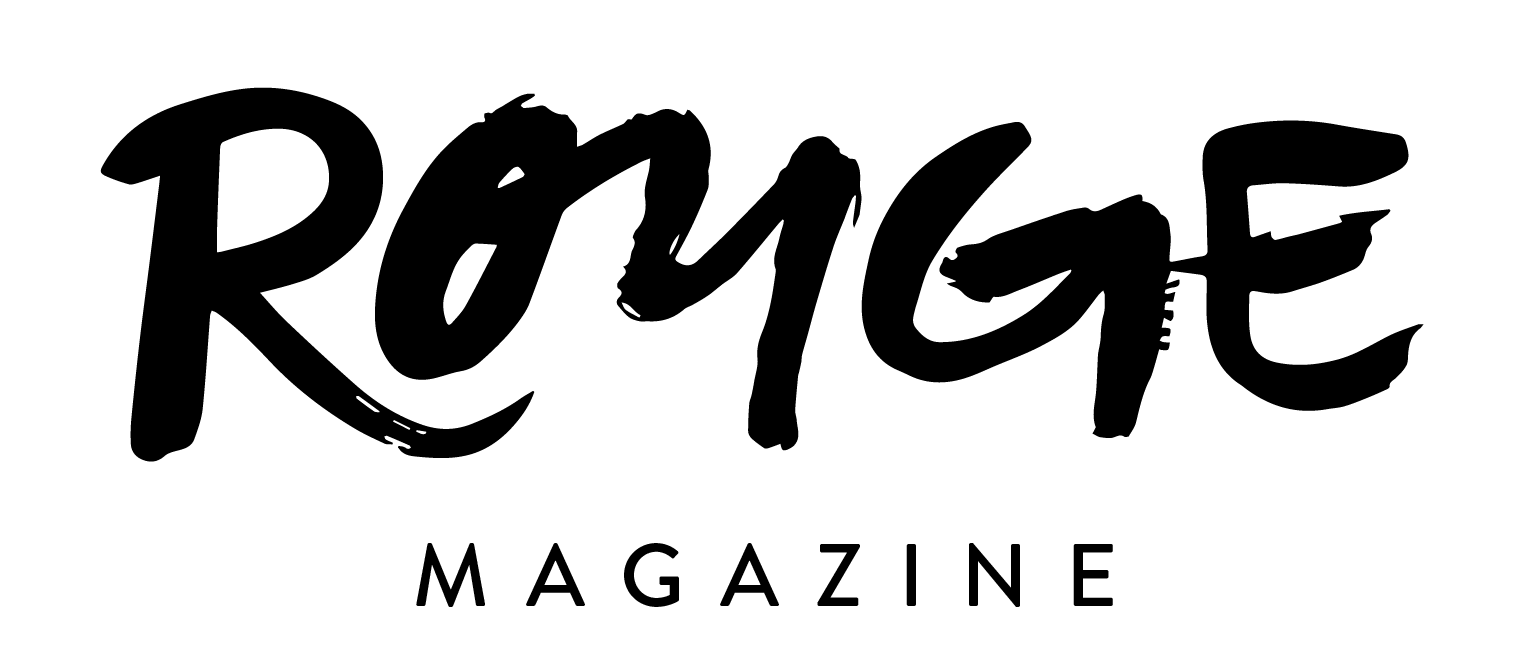Super Sales or Super Waste
Black Friday: a shopper's winter wonderland. Who doesn't love black Friday? During the intensity of the holidays, Black Friday can offer solace, either from family members or the ease of cheaper prices.
"Black Friday" was coined by police officers to describe the disorder felt in the city with the influx of suburban tourists visiting holiday shops and attending the yearly Army-Navy football game. It also began to signify positive sales, as seen through the red-to-black profit narrative (Vaughan, 2022). While Black Friday brings positivity to the businesses for whom their profit benefits and the customers save money, holiday shopping on Black Friday is notoriously harmful to the environment.
Photo / Pinterest
Usually, the horrors of Black Friday derive from disgruntled shoppers who often get too worked up over getting to the sales and products first. Still, now the horrors are seen through Black Friday's detrimental impact on the environment. Black Friday encourages extreme overconsumption as sales persuade consumers to buy more than necessary since it feels like they are saving money when, in reality, consumers trash the products quite quickly. A study done in 2019 found that 80% of the items purchased through Black Friday sales and the packaging they are handled in end up in landfills after their concise lives. Another study found that deliveries done for online sales created an estimated 386,243 metric tons of carbon emissions in the United Kingdom (Tigue, 2022). With the effects of global warming and climate change felt worldwide, consumers and companies are beginning to aid the impacts of Black Friday by promoting sustainability. Outdoor clothing stores such as REI have started to close their stores and online website sales during Black Friday to promote sustainability from the business side. Patagonia, another outdoor apparel brand, donates all its profits from the holidays to climate change organizations (Tigue, 2022).
Photo / Pinterest
There are several easy ways that consumers can help combat unsustainability on their side of this battle. The main issue with Black Friday is the promotion of overconsumption by buying goods that are not needed just due to their enticing prices. To combat this, create lists of items you need or have been waiting to buy; this will help you avoid impulse purchases that will end up in landfills quickly. Buy products from brands that make it a mission to manage their production processes in an environmentally friendly manner; this will ensure the items you purchase have less of an impact on the environment. Another issue seen year round is the fight of quality over quantity, seen through fast fashion companies encouraging consumers to purchase large amounts of low-quality products rather than fewer, better-quality products due to expenses. More expensive, better quality products will last longer, leading to less instant waste this holiday season ("Celebrating Black Friday…", 2023). Although we cannot change the state of our environment or our impact overnight, awareness about circumstances such as Black Friday can help lead to a more environmentally friendly economic process worldwide.
Sources
November 16, 2023, Celebrating Black Friday: The Sustainable Way. Only Organic. Retrieved November 19, 2023, from https://www.onlyorganic.org/celebrating-black-friday-the-sustainable-way/#:~:text=Here%20are%2010%20ideas%20for,in%20an%20eco%2Dfriendly%20manner.&text=Before%20the%20big%20day%20arrives,t%20really%20need%20or%20want.
Tigue, K (November 19, 2022). Black Friday’s “Enormous Environmental Impact” Sparks a Green BackLash. Inside Climate News. Retrieved November 19, 2023, from https://insideclimatenews.org/news/29112022/black-fridays-enormous-environmental-impact-sparks-a-green-backlash/
Vaughan, D. (November 18, 2o22). Why Is It Called Black Friday? Encyclopedia Britannica. Retrieved November 19, 2023, from https://www.britannica.com/story/why-is-it-called-black-friday
Written by Katherine Fivgas
Copyedited by Emily Slepsky
Graphic by Jolie Bellaff


